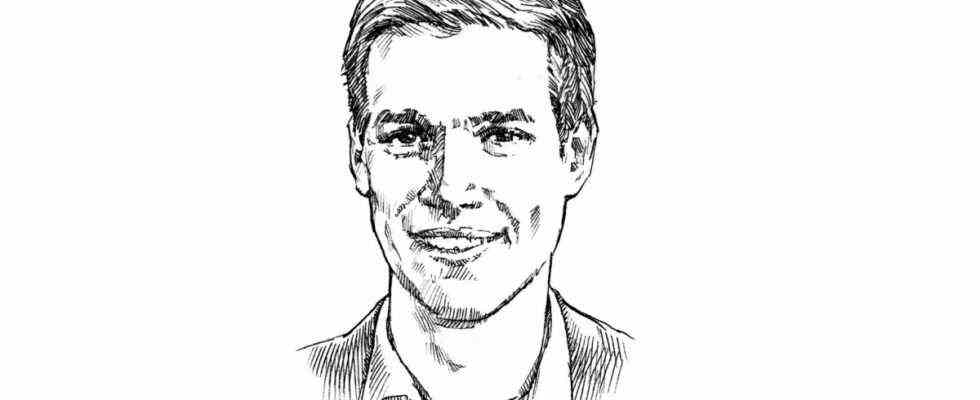When it comes to climate protection, Germany’s largest federal states are staging a competition that does not help anyone. The latest example: Markus Söder, whose CSU has been part of the government for 16 years. You have to “step up a gear,” said the Bavarian Prime Minister at the SZ Sustainability Congress, calling for a faster coal phase-out: “2030 would be an important signal.” It’s easy to say if you don’t have any open-cast mines and hardly any coal power in Bavaria: The bill should be paid by the others.
North Rhine-Westphalia’s Prime Minister Armin Laschet also masters the game. No other federal state has reduced its CO₂ emissions as significantly since 1990 as his, the Union’s candidate for chancellor boasted at every conceivable opportunity. The message: let others imitate that first. Laschet likes to ignore the high level at which the country of coal and steel still ranks. And every power plant unit that goes offline for state compensation improves the balance sheet considerably.
The struggle with retrospective percentages and cheap demands is doubly wrong. He overlooks the fact that the energy transition can only succeed in the overall system from the North Sea to the edge of the Alps. And instead of always just talking about switching off, the competition should be more about who builds alternatives to fossil fuels faster so that Germany can keep its climate promises. Both countries have some catching up to do here.
Anyone who slows down wind power in the state cannot credibly demand more speed in the federal government
Germany comes from an era in which large coal piles in the west and east as well as nuclear power plants supplied people and industry. But a time has long since begun that relies on wind turbines, especially in the north, and – wherever sensible – on solar, hydropower and biomass. This system needs storage for phases in which neither wind blows nor the sun shines. And more lines are needed to transport electricity primarily from north to south.
In addition, Germany will need more electricity in the future: electric cars are replacing combustion engines, heat pumps are replacing oil heating systems. Sectors such as the chemical industry secure a lot of wind power for new processes that no longer need natural gas. Of course, Germany will also have to import energy in the future, for example in the form of “green” hydrogen. But that shouldn’t be an excuse not to use as much potential domestically as possible.
So it is not a good sign that new wind turbines in Bavaria generally have to be ten times as far away from the nearest residential development as the system is tall. It is unfortunate that additional wind turbines in North Rhine-Westphalia have to keep a distance of one kilometer from residential buildings. Such specifications destroy potential. Anyone who decides on it at the state level cannot credibly demand more speed in the federal government.
Exactly the reverse competition is necessary: Countries should make it as easy as possible to replace older wind turbines at existing locations. For communities and residents, wind turbines in the vicinity should be a noticeably profitable business. Acceptance cannot be prescribed, it grows locally and individually. In addition, it should be as attractive as possible for private individuals and companies to install solar cells where it makes sense in terms of energy. The public sector should go ahead on their own land.
The energy turnaround is an imposition for society as a whole, but there is no responsible alternative. It does not succeed by comparing percentages or shifting burdens from region to region. It can only succeed if all actors make their contribution to an overall climate-neutral system.

